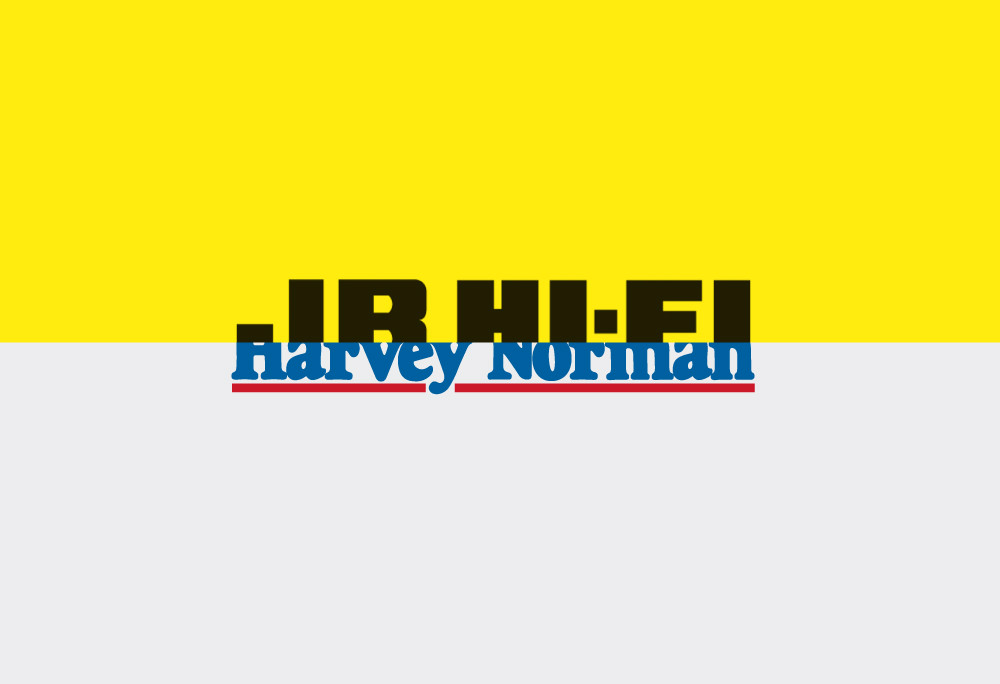JB Hi-Fi (encompassing the Good Guys) and Harvey Norman Holdings Ltd have a few things in common. But their level of commitment to sustainability isn’t one of them.
Both businesses are among the top five in the ASX consumer discretionary sector, with JB Hi-Fi having a market cap of $8.9 billion, and Harvey Norman $6.07 billion. Both operate in the appliances and consumer electronics space.
Each of them reported to the market late last month, and in both cases they provided information on their sustainability performance. But the quality of their sustainability reporting, and what it reveals about their level of performance and ambition, is markedly different.
JB Hi-Fi provides detailed information, with plenty of data in its stand-alone sustainability report. In contrast, Harvey Norman’s sustainability information – contained in its annual report – feels sort of jerry-built.
In its report, JB Hi-Fi notes progress towards its goal of net zero operational emissions by 2030, with 30 stores now having solar PV (and landlord approval so far obtained to install another four), and the company is also now sourcing some GreenPower.
The company has, for the first time, also made an estimate of its scope 3 emissions – coming up with a total of 7.3 million tonnes, with slightly more than two-thirds associated with the use of its products and slightly under one-third related to product manufacture.
JB Hi-Fi says it will use the information to better understand category-specific emission impacts, and to identify opportunities to work with stakeholders to reduce emissions.
The company issued a survey to 153 suppliers in FY24 to check whether they either had, or were establishing, emissions reduction targets. Of the 88 responses received by the end of the year, 33 indicated they had them or were establishing them.
“In FY25, management will follow up suppliers who have yet to respond to our survey and continue working with our supply chain with the aim of increasing the proportion of our suppliers with emissions targets,” the report says.
During FY24, JB Hi-Fi management also established a net zero steering committee comprising team members from different business areas, which will assist its group sustainability team. The company also has a climate risk and opportunities register.
On ethical sourcing, JB Hi-Fi says it engaged with an additional 68 suppliers in FY24 (building on the 107 engaged in FY23) seeking information to identify modern slavery risks.
It used the information to prioritise work with 39 suppliers whose responses indicated they used foreign migrant labour, or weren’t sure whether they did. Senior officials also conducted on-site visits to five factories in China during the year.
JB Hi-Fi achieved a landfill diversion rate of 57% in FY24.
In contrast to JB Hi-Fi, Harvey Norman does not disclose any emissions reduction targets, nor does it quantify its emissions.
In contrast to JB Hi-Fi, which is clearly attempting to influence suppliers to act on emissions and waste, Harvey Norman’s sustainability information leaves the impression that it is relying to a large extent on self-initiated action by its suppliers.
For example, on the issue of supply chain climate change risks, Harvey Norman says “suppliers [are] making their own arrangements to mitigate this risk”.
Harvey Norman non-franchised retail operations divert on average about 16% of their waste, and its franchisees have maintained a diversion rate of 42%, the company adds.
So how should consumers respond to these starkly different levels of ambition, commitment and disclosure? The answer lies in the name of the economic category to which they both belong. There’s a very good reason why it’s called “consumer discretionary”, and when we are buying consumer goods, we should exercise discretion about where we shop.

